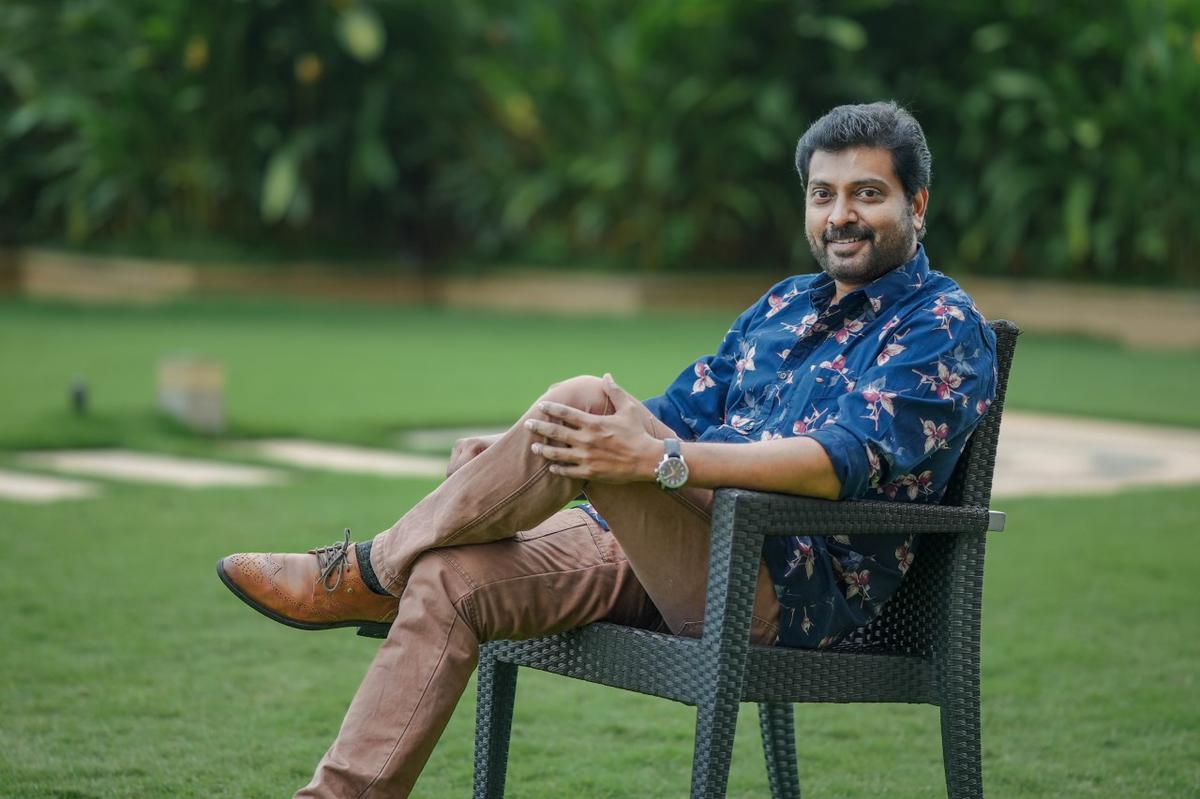
Malayalam actor Narain says the script gave him the confidence to go ahead with the Malayalam-Tamil bilingual film ‘Adrishyam/Yugi’
The Hindu
Malayalam and Tamil actor Narain explains why the Malayalam-Tamil bilingual movie ‘Adrishyam/Yugi’ is a leap of faith for him as an actor
Actor Narain confesses to not being a fan of bilingual films. “I believe it (a bilingual film) doesn’t work or is very difficult to work in both languages, especially for an actor who works in both industries. Someone trying to enter a new industry might find it works to their advantage as they don’t have anything to lose.” He is, however, taking the plunge with the Malayalam-Tamil bi-lingual Adrishyam (Yugi in Tamil ). It is his first Malayalam movie since 2019.
The script gave Narain the confidence to give the film, directed by Zach Harris, a shot. The film is a three-hero project with Narain as the common factor, the others are Joju George and Sharafuddeen in the Malayalam version, and Natarajan Subramaniam and Kathir in the Tamil film. “It felt like acting in two films made in two languages. I had earlier done a guest role in the Tamil-Telugu bilingual U-Turn, which also marked my ‘entry’ into Telugu films,” says the Chennai-based actor who was in Kochi.
The fact that Chennai forms the backdrop for the action enthused him to take up the movie as “it is a familiar space for Malayalis also.”
Narain made his Tamil debut in Mysskin’s Chithiram Pesuthadi. A film that ironically led to him being typecast in Tamil films as the tough guy, inevitably a cop. It is an image he has been trying hard to shed. He has said no to more than 30-odd films in Tamil in the recent past that cast him as a policeman.
“It is an image-driven industry; the makers who approach me believe that the boy-next-door or feel-good soft-natured character will not work for me. For the past 10 years, I have been telling directors to give me different kinds of roles, but they say, ‘no, that won’t suit you!’ I often wonder if films such as Classmates and Achuvinte Amma had come on Netflix or Amazon now they would have watched those films and seen the kind of roles I have done,” he adds.
He plays a private detective in Adrishyam, a role he has not done before. “This [Malayalam films] is where I have done diverse roles.” Emotionally disturbed private eye Nanda is investigating a case unknown to the others involved. “It is a layered character. The audience does not know if and how he is part of the action. The screenplay is the highlight of the film which has many twists and turns. There is a surprise for the audience, which was a hook for me.” The team, writer Bhagyaraj from Tamil Nadu and Zach Harris, a Malayali director, piqued his curiosity.
Both films have been edited differently, he reveals, “so it will be like watching two films. Interesting as the script is, it is not an easy one to make into a film. I appreciate the effort Zach has put in, it is not easy for a new director to pull off a film like this.”













